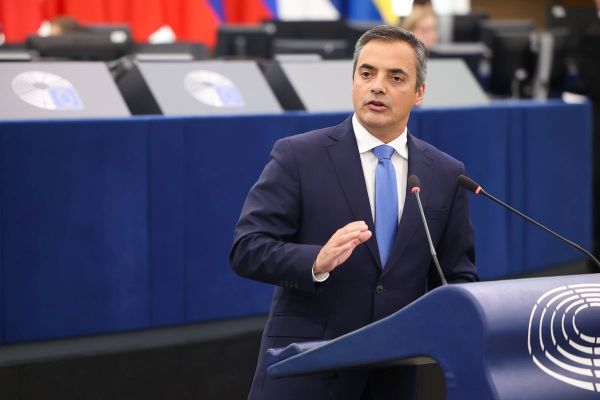On Wednesday, Members of the European Parliament (MEPs) reached a consensus on a negotiating position aimed at simplifying the European Union’s Common Agricultural Policy (CAP). The position was adopted with a significant majority, receiving 492 votes in favour, 111 against, and 39 abstentions.
MEPs are advocating for enhanced flexibility and support to help farmers comply with existing CAP regulations. They propose to allow broader interpretations of how farms can meet the environmental standards set forth by the CAP. Specifically, they assert that not only should fully organic farms be automatically recognised as fulfilling specific requirements for maintaining land in good agricultural and environmental condition (GAEC). MEPs suggest including farms with partial organic certification, those located in designated conservation areas, and farms that are under 50 hectares in size.
While the Parliament expresses opposition to a new direct payment system proposed by the Commission for farmers affected by natural disasters, they do endorse the Commission’s plan for a new crisis payment mechanism through the EU’s rural development funds. MEPs assert that this crisis support should be mandatory for member states, and they recommend that outbreaks of animal disease be added to the list of events qualifying for financial assistance.
To ensure that more farmers can access support when experiencing income or production losses due to factors beyond their control, MEPs also propose reducing the threshold for accessing government funds to cover insurance premiums. They suggest lowering the threshold from the Commission’s proposed 20% to at least 15% of lost average annual production or income.
Furthermore, the Parliament recommends increasing the maximum support limits for small farmers, proposing an annual payment of up to €5,000 instead of the initially suggested € 2,500, as well as a one-time payment for business development of up to €75,000, an increase from the proposed €50,000.
In order to facilitate the prompt implementation of these new flexibility measures, MEPs indicate that modifications to national strategic plans based on this legislation may take legal effect in 2026, prior to their formal approval by the Commission.
Rapporteur André Rodrigues (S&D, PT) said: “We are sending the clear signal to nearly nine million farmers in the EU that Europe has listened. Enough of the bureaucratic maze they have to navigate, they will get simpler rules, less paperwork and more predictability. Negotiations with Council have to start without delay to reduce the administrative burden, increase funding for small farmers, and give time back to those who work the land, without undercutting our environmental ambition. We have to deliver a deal that works on the ground, cuts disproportionate penalties, and respects regional specificities, providing stability for Europe’s producers.”
Discussions with member states are scheduled to commence on Thursday, 9 October, to finalise the adoption of the new rules during a plenary session in November 2025.

